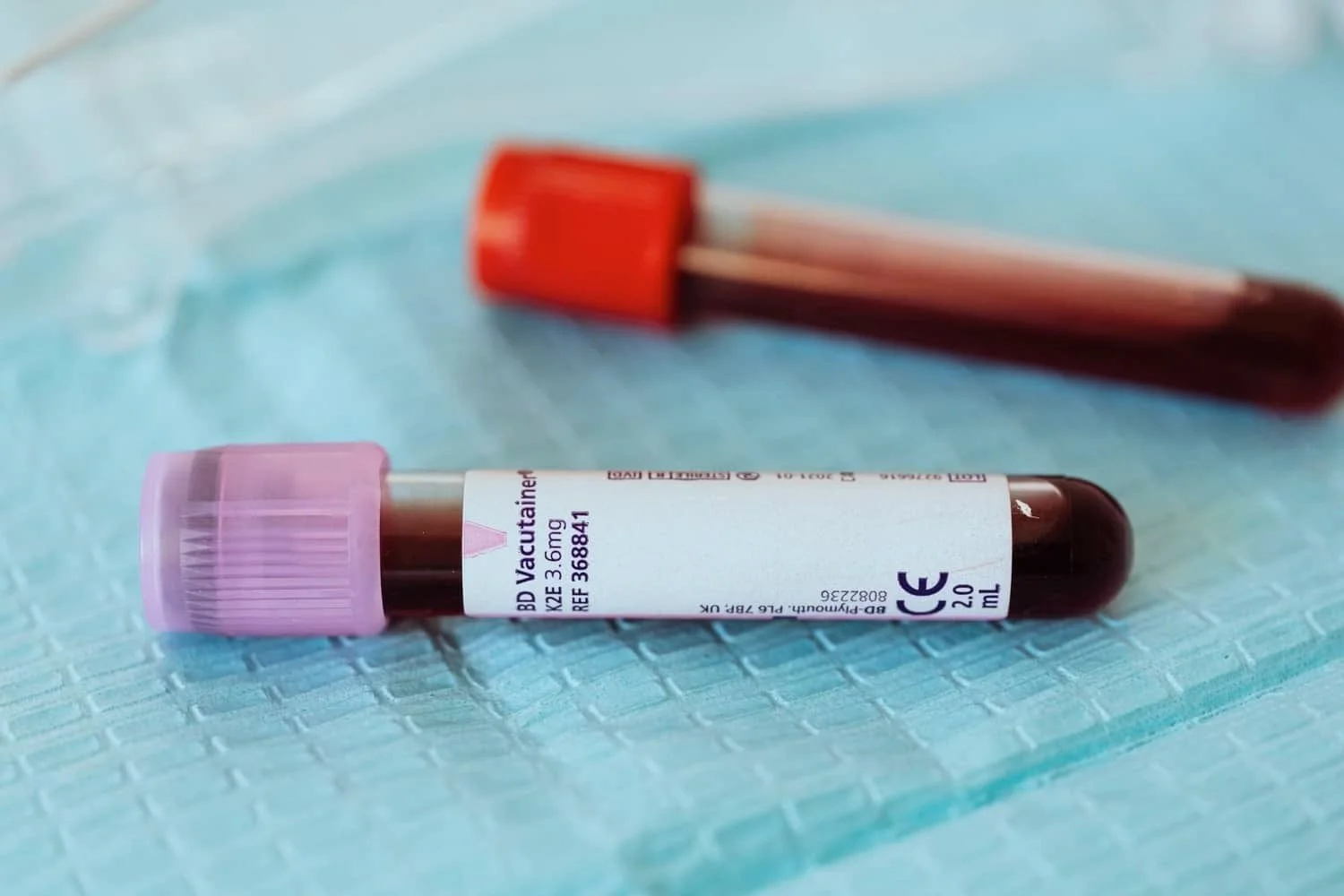An online petition supported by the over-60s campaign group Silver Voices, which seeks to remove age restrictions for routine screenings for breast, bowel, and cervical cancers, has garnered nearly 100,000 signatures.
Age-related restrictions on cancer screenings
Presently, cervical cancer screenings are only offered up to the age of 64, breast cancer screenings cease at 71, and bowel examinations stop at 74. However, individuals can still request screenings beyond these limits.
Janette Smith, who leads the campaign in conjunction with Silver Voices, a group advocating for the older generation, revealed that she was only diagnosed with breast cancer after insisting on a screening at the age of 76. She criticized the "arbitrary cut-off dates" for screenings and highlighted that, despite having no symptoms, she received her diagnosis earlier this year, leading to a lumpectomy, medication, and a course of radiotherapy.
Campaign director alleges age discrimination and calls for a legal review
Dennis Reed, the director of Silver Voices, described this as a "classic example of age discrimination" and called on the Equalities and Human Rights Commission to consider its legality. A survey of 1,000 Silver Voices members earlier in the year revealed that 63% had experienced age discrimination within the NHS.
Notably, between 2016 and 2018, there were 19,200 cases of breast cancer in individuals aged 70 and above, accounting for over a third of all cases, as per Cancer Research UK. The incidence rate was highest in those aged over 80 and 90, even though the overall number of cases was lower due to a smaller population in these age groups. Similarly, almost half of all bowel cancer cases during the same period occurred in individuals aged 75 and above (18,600 cases), while a sixth of cervical cancer cases (580 women) were in the 65-and-over age group.
Screening guidelines are determined by the UK National Screening Committee, which evaluates available evidence to balance the benefits and potential harm. A separate study published recently revealed that cancer patients lose an average of 14 years from their lifespan. The average life expectancy in the UK is 81 years.
The Department of Health stated that screenings for breast, bowel, and cervical cancers do not have arbitrary upper age limits. The UK National Screening Committee, composed of clinical experts, considers scientific evidence to ensure that screening programs do more good than harm. They noted that harms from screening can arise from over-diagnosis, as no screening tests are 100% accurate, potentially leading to unnecessary testing or treatment and increased anxiety in cases of false positive results.

